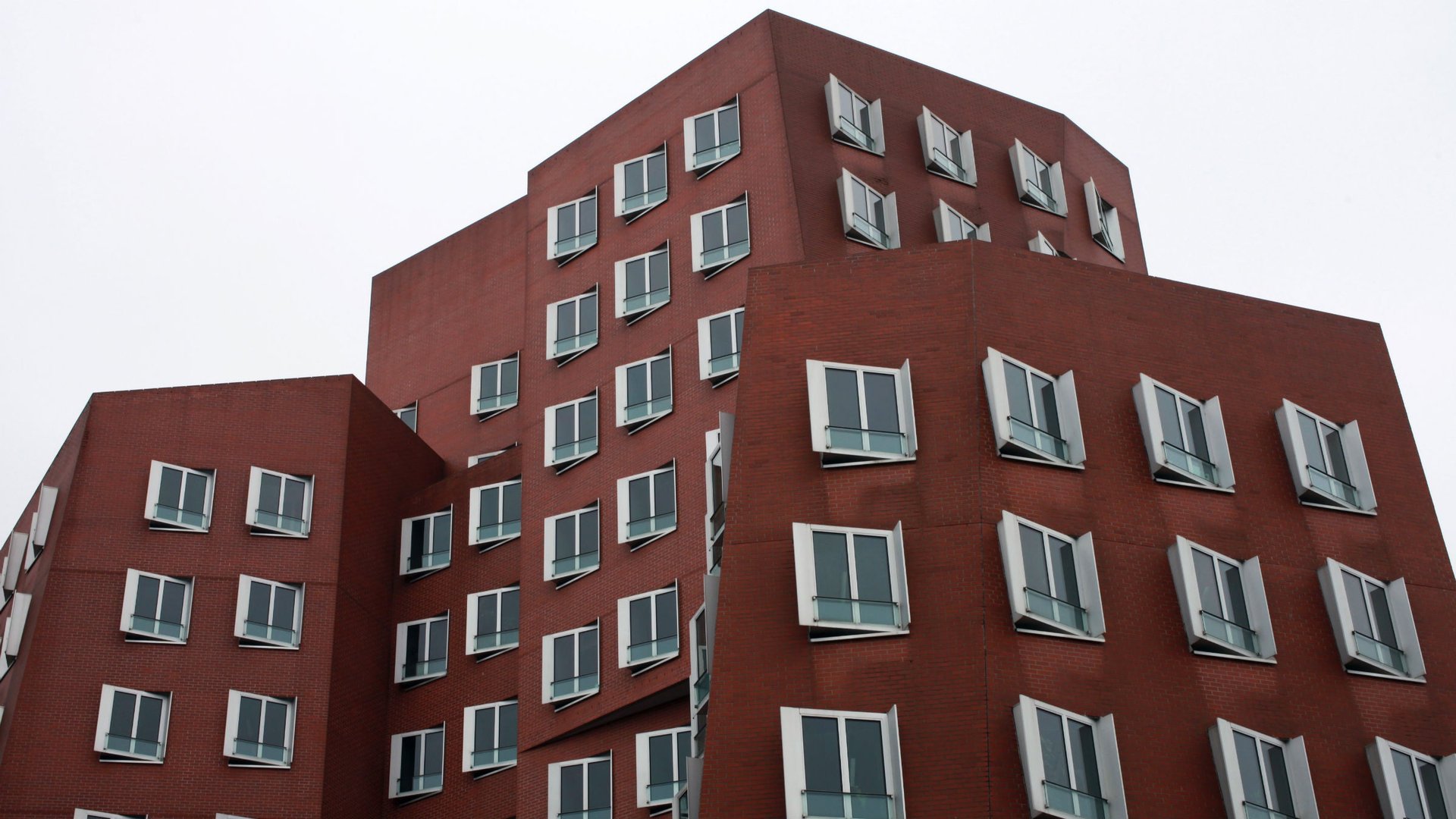Meet the new flight-to-safety trade: An apartment in Dusseldorf
Since the financial crisis struck some four years ago, investors in search of safety have been increasingly flummoxed. Is it possible to put your cash somewhere for safekeeping and actually get paid a bit of a return on your investment? Not really. The pre-eminent financial market for stowing cash is the market for US government bonds. And yields—the interest payments on government debt—on safe US Treasurys are as low as they’ve been in decades, thanks to a US sluggish economy, the Federal Reserve’s focus on low rates, and the ongoing European debt crisis, which has kept a steady stream of cash pouring into Treasurys for safekeeping. (In the world of bonds, high prices = low yields.)


Since the financial crisis struck some four years ago, investors in search of safety have been increasingly flummoxed. Is it possible to put your cash somewhere for safekeeping and actually get paid a bit of a return on your investment? Not really. The pre-eminent financial market for stowing cash is the market for US government bonds. And yields—the interest payments on government debt—on safe US Treasurys are as low as they’ve been in decades, thanks to a US sluggish economy, the Federal Reserve’s focus on low rates, and the ongoing European debt crisis, which has kept a steady stream of cash pouring into Treasurys for safekeeping. (In the world of bonds, high prices = low yields.)
But there are some safe spots where the high-and-mighty have been having some success. Take German real estate, for example. Bloomberg reports that “investment funds are buying groups of German homes because they are looking for a safe investment as interest rates hover near record lows amid Europe’s sovereign-debt crisis. Deals were fueled by the sale of almost 100,000 apartments by companies that needed to pay debts from last decade’s buyout boom.”
Who else is pouring their money into German housing? Germans! Famously inflation-phobic Germans are channeling more of their savings into real estate, according to a November Speech by Deutsche Bundesbank official Andreas Dombret. The result of all this interest in German real estate is predictable: prices are rising. And they could have some room to run some more. This data from wealthy country economic research consortium OECD, shows that German home prices have only just sprung to life.

From Dombret’s speech:
Residential property prices are rising at an accelerated pace in urban areas. The observed set usually comprises a group of seven large cities: Berlin, Cologne, Düsseldorf, Frankfurt am Main, Hamburg, Munich and Stuttgart. In 2011, prices rose by over 9% on average for new residential property in these cities and by 7% for pre-owned property. The upward trend appears to have continued in the first half of 2012. This is shown in a narrower definition which comprises only owner-occupied dwellings. Prices in this segment are expected to rise by an average of around 11% this year, and thus even somewhat more sharply than last year, when they went up by just over 8%.
The inevitable next question is whether the hot housing market in Deutschland could conceivably turn into a repeat of the US housing bust. It’s not likely, Dombret argues, citing light German household debt loads, as well as tepid loan growth and conservative lending standards at banks.
“There are no signs yet of a rapid build-up of risks to financial stability in Germany,” he said.
One thing that could further fuel interest in German real estate is a relaxation of some of the country’s longstanding, tight restrictions on raising rents. Writing about the prospects for British investors buying properties in Berlin back in November, Investors Chronicle reported:
“Achievable rents are still too low to justify extensive new building activity in large parts of the city,” reports Jones Lang LaSalle … Buying individual properties is not advisable. Not only do they trade at a huge premium to portfolios, but tenants benefit from a complex system of rent controls. … If you own just one or two properties, you could wait for 40 years before being able to increase rents to market levels.
Some investors are betting that these rent controls could ease, which would further unlock the market value of German real estate.